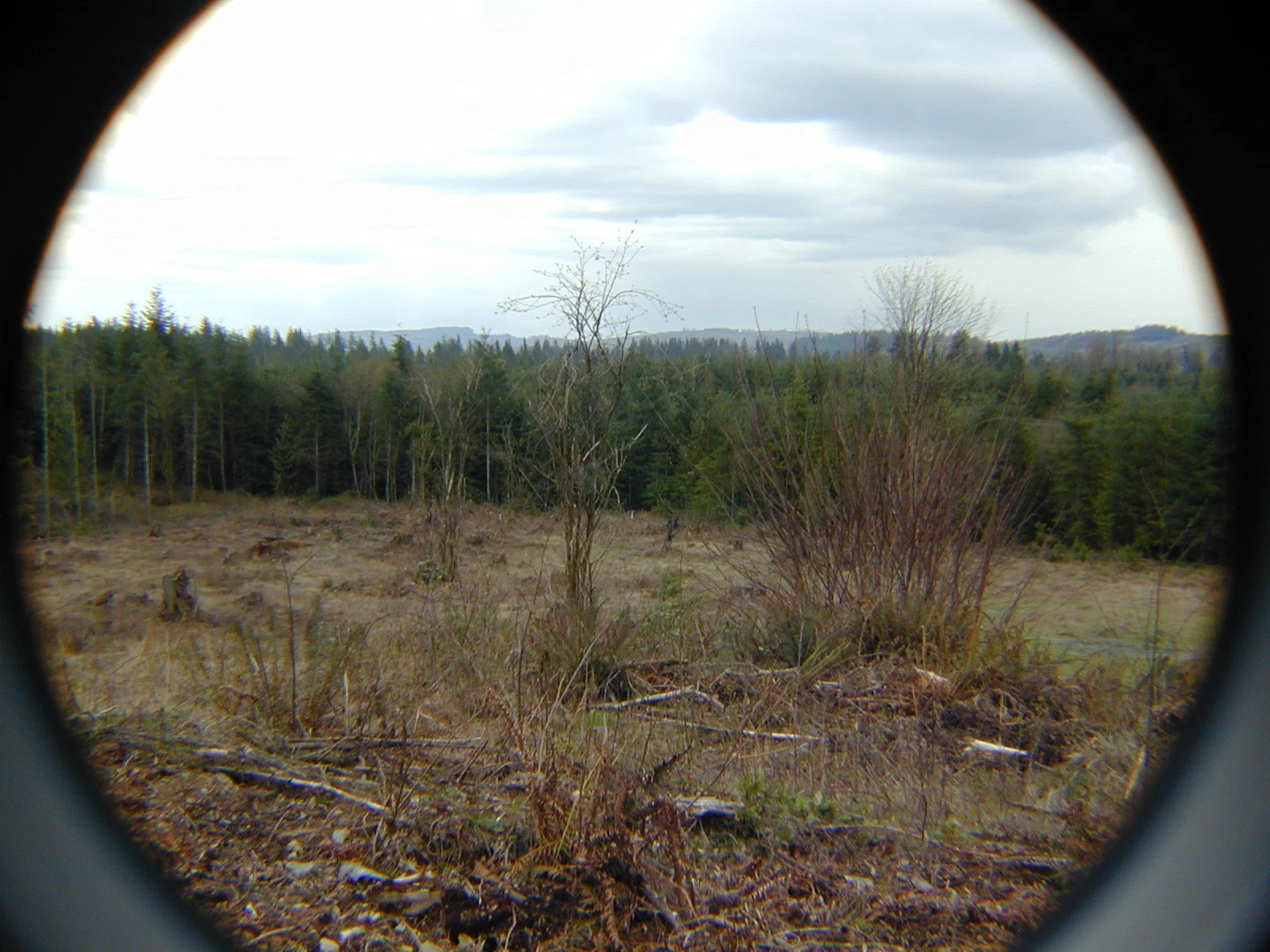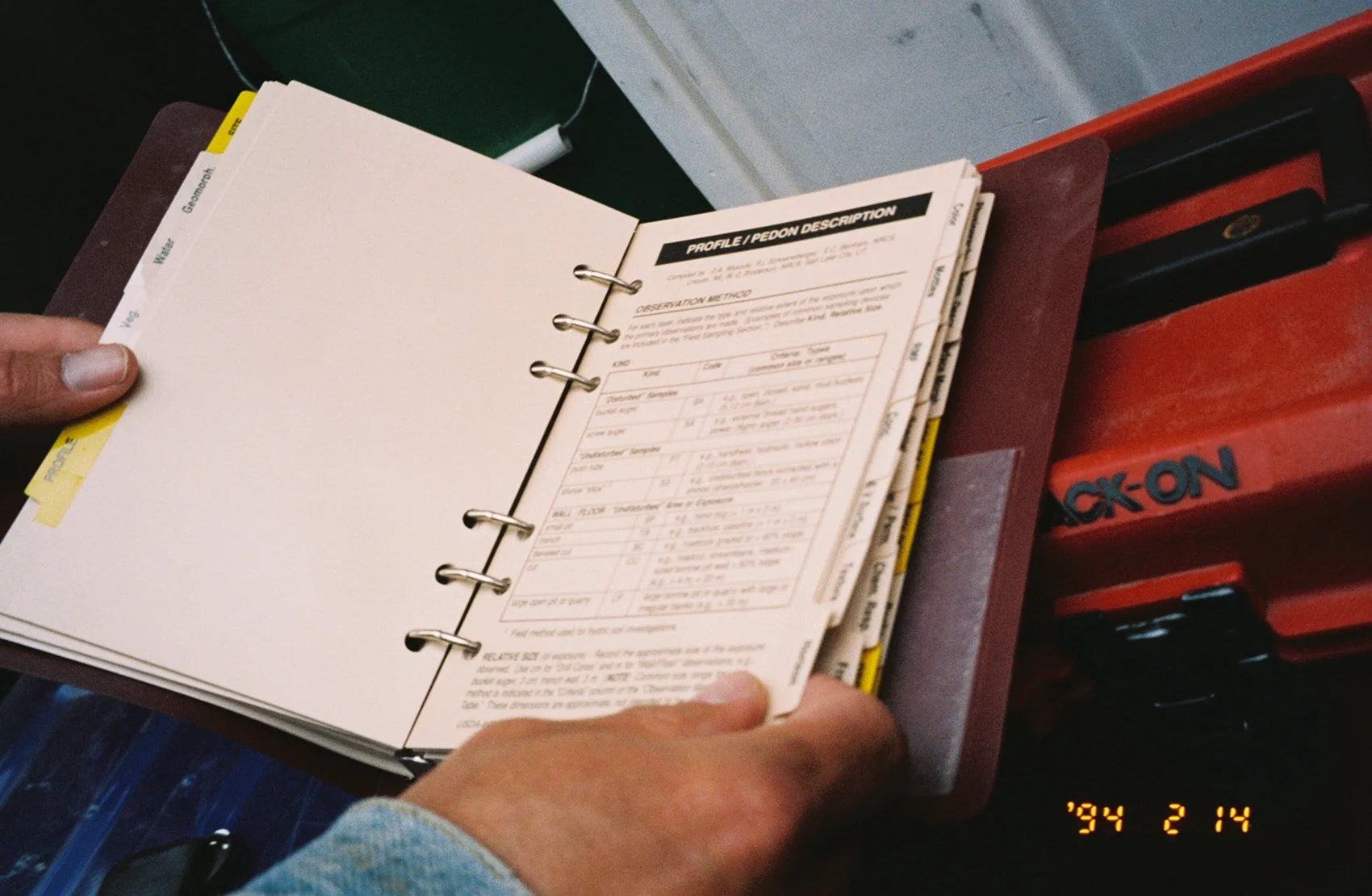Environmental Problems in Real Estate
Staying out of environmental trouble:
I believe that no single step in the pre-closing inspection and feasibility study of real property is more important than environmental inspections.
Why is this?
With approval from Congress, Republican president Richard Nixon created the Environmental Protection Agency (EPA) in 1970. The EPA has several broad responsibilities to include environmental assessment, research, education and enforcement. The EPA delegates some of these same responsibilities to the individual states, so a land developer will be subject to regulatory assessment and enforcement from both entities. Similarly empowered are other federal agencies, local counties, tribes and municipalities and there are even international environmental alliances between countries.
Environmental laws are very complex and especially hard-hitting, so they are best discussed, advised and acted upon by legal experts and licensed consultants that specialize in the area of environmental law, contracting and remediation. I am not that guy, so for this reason I am going to take a more basic and common-sense approach to this discussion, but it should be useful.
Know this:
The EPA and the associated entities described above carry a monstrous sledge hammer to drop on the head of the unsuspecting moron that closes on real property that is environmentally compromised. Once a property owner is in the chain of title after closing, they are on the hook. I don’t want to ever be that guy!
I make this promise to myself during property inspections: Do not acquire an environmentally compromised property. If I do, I am in the chain of title, leaving me open for cleanup liability even if it wasn’t me that compromised the property in the first place.
Here’s a very simple example:
Let’s say that 60+ years ago a landowner buried several oil and fuel tanks on a property that I currently own. Unseen by the world since they were buried, the tanks have slowly corroded and leaked their contents over the years. Since I am the owner today and all those other guys are dead, who do you think is going to be responsible for the cleanup once the digging starts on my project and the tanks and contaminated soil are found?
Environmental problems can be exponential:
Pollutants don’t know property boundaries. Sticking with the above example, what if my oil contamination has spread to adjoining properties and their soil is found to be compromised? Going further, additional investigation finds that the aquifers supplying drinking water to the wells of adjoining property owners contain petroleum hydrocarbons. All from my contaminated property.
Scope and extent:
Fluids, as one example, have a way of spreading. How far laterally, how deep and how extensive are not easily known without extensive and costly testing. I never assume that just because I know that a property nearby is environmentally compromised, that it hasn’t spread to the property I am looking at. This is one reason to check out nearby properties for historical use and recorded environmental problems as a part of due diligence.
Polluted water:
Whether it’s running water, underground aquifers, surface water or a well, water can bring pollutants with it. If it is a seasonal wetland, charged with surface water that comes from a polluted property at a higher elevation, when the wetland dries in the summer it can leave behind contaminants that could leach into my soil and become more permanent.
Enforcement:
The EPA and authorized other governmental entities have significant and expansive power of enforcement. This can occur on several different levels, none of them good.
If the pollution is limited in scope and fully confined such as an empty underground tank, it could be formally recorded as a known environmental problem, but not require immediate cleanup. On the other hand, an active and spreading pollution problem could require extensive assessment with immediate cleanup and long-term monitoring.
No matter the case, once a property is known to have an environmental problem by the controlling agencies, it is permanently on the radar screen. Even cleanups that are fully enforced, regulated and signed-off on are going to show up on title of the property.
Remediation (clean up):
Environmental cleanup is very costly. You don’t just dig up contaminated soil and dump it somewhere else, not unless you want to go and live in the Gray Bar Hotel for a few years. In general, pollution cleanups need to be properly permitted, supervised and conducted by the appropriate licensed contractors. Disposal of the waste must be in an approved manner in specially approved locations.
What is the answer?
The only sure-fire way I know of is to stay away from environmentally compromised property entirely. This is easier said than done since it can be very hard to tell just by looking.
Beware Seller’s Disclosure Statements:
My experience with Sellers when it comes to the environmental sections on a Sellers Disclosure Statement, is that I get a lot of “Don’t Knows” in the answer boxes. I am especially cautious of this since most people are not scientists in the first place and it can be really difficult to prove that a Seller had actual knowledge of existing environmental problems that many times cannot be easily observed.
Also, some Sellers are scum and they realize that their property is compromised. They might be more than happy to get out from under it and pass the problem on to me. I NEVER rely exclusively on a Seller’s Disclosure Statement as the final word, especially for environmental disclosures.
So who can I trust?
Before closing, with additional emphasis on the words before closing, the smart Buyer will conduct appropriate investigations on the air, soil, water quality, historical use of the property, complete and in-depth title review, inside and outside testing of buildings and structures, and the past and current use of the subject and neighboring properties.
Moral of the story:
I won’t knowingly close on an environmentally compromised property and take great care to fully inspect the subject property along with adjoining ownerships. Great care must be taken during pre-closing inspection since many, if not most, pollutants are invisible to the naked eye. Environmental Consultants exist for a reason and should be used as a key ally during the inspection period by any serious land developer. The cost is minimal compared to the possible alternative.






